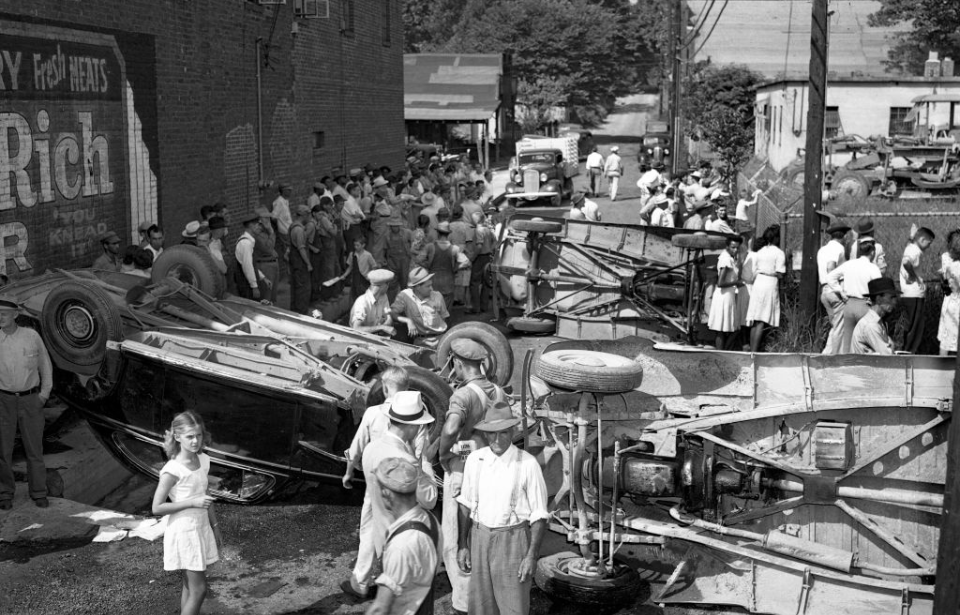In the post-war summer of 1946, the small town of Athens, Tennessee became the epicenter of an event that went down in history as the Battle of Athens. This wasn’t merely a physical confrontation, but a fight against entrenched corruption, and it was a battle that symbolized the broader struggle against tyranny and injustice in post-war America.
The protagonists of this historic grandstand were none other than returning World War II veterans, who, after fighting overseas, found themselves facing a new kind of enemy on home soil. The corruption in Athens had been brewing for over a decade under Sheriff Paul Cantrell and his associates, who’d manipulated the political landscape. These veterans, witnessing the disintegration of democracy and fairness in their town, decided the time had come to take action.
Their training, coupled with a deep-seated belief in justice, prepared them for the confrontation that unfolded.
Returning heroes face a new enemy at home
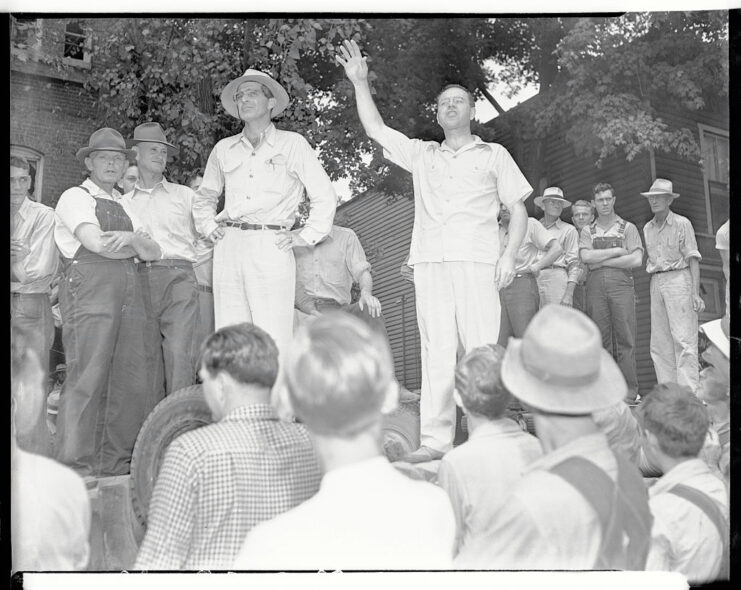
The end of World War II brought a wave of relief and hope to millions, with service members returning home to rebuild their lives in peace. However, for the veterans of Athens, this was far from reality. They returned to find their town under the control of Paul Cantrell’s corrupt regime, characterized by rampant intimidation, voter suppression and a blatant disregard for the law. The local government had become a machinery of corruption, operating with impunity and stifling the voices of citizens.
These returning heroes, already seasoned by the horrors of war, were now confronted with a new battle, one threatening the very principles they’d fought to uphold. Unwilling to stand idly by, they were resolved to challenge the status quo, setting the stage for what became a historic uprising against corruption.
A decade of corruption sparks rebellion
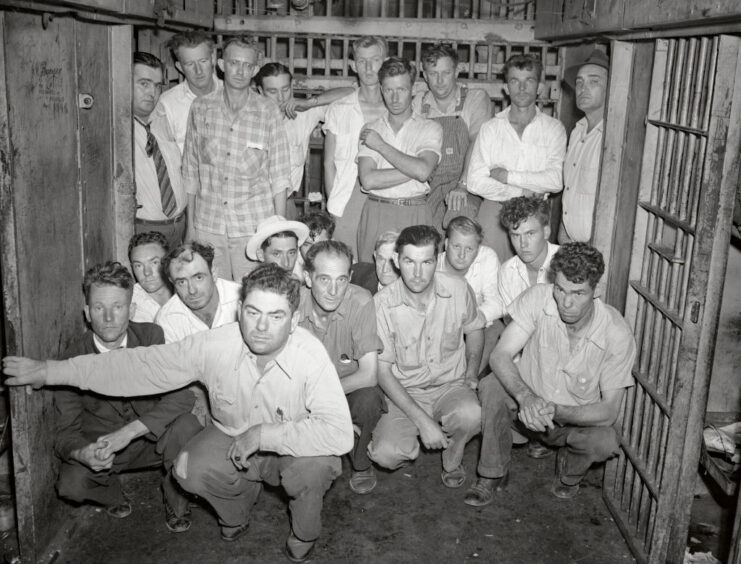
The roots of discontent in Athens dated back to the election of Paul Cantrell as the sheriff of McMinn County in 1936. His tenure, spanning several terms, was marked by a series of controversial – and often illegal – practices, from the implementation of a fee system incentivizing arrests to the manipulation of election results. These not only undermined the democratic process, but also eroded the trust and confidence of the community in their local government.
Upon their return, the veterans found themselves targeted by the deputies. They were singled out and subjected to harassment. As they reintegrated into their communities, the deputies imposed fines for trivial offenses, only exacerbating tensions.
Fighting back against a corrupt local government
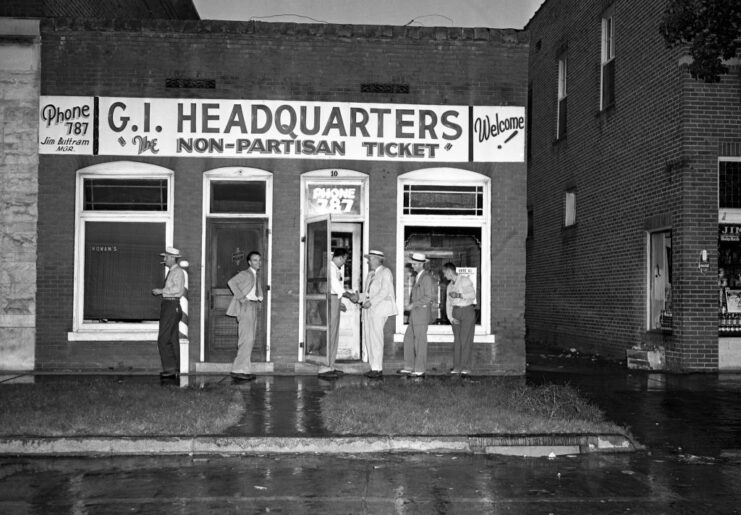
With veterans constituting roughly 10 percent of McMinn County’s population, some decided they’d endured enough injustice. They formed a political party, the GI Non-Partisan League, to challenge Cantrell and his cohorts, with Knox Henry emerging as the primary contender for the sheriff’s position by the time the 1946 election came around. Their campaign was, unsurprisingly, met with hostility and violence, as the sheriff’s deputies harassed those who dared to oppose their rule.
A single veteran voter registration book was allocated for the entire county, and it conveniently disappeared whenever any veteran attempted to gain access to it. Even when it was available, the deputies often apprehended the men on false charges and took their poll tax receipts, which were essential for voting.
On election day, the familiar specter of corruption loomed large. Citizens encountered deputies surveilling them as they cast their ballots, with law enforcement stationed at numerous polling stations. Tragically, one man, Tom Gillespie, lost his life at the hands of a deputy after attempting to vote for the veterans and being denied the opportunity.
To hide the votes of those who’d managed to do so, the ballot boxes were stolen and hidden away at the local jail. In response, the veterans took up arms. This act of defiance marked the beginning of the Battle of Athens.
Battle of Athens
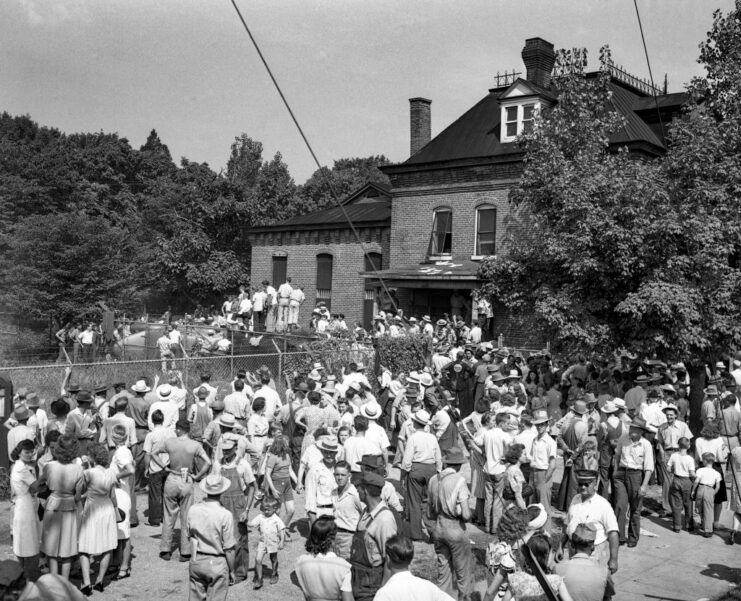
The siege of the jail was a testament to the veterans’ determination and strategic prowess. Throughout the night, gunfire echoed through the streets of Athens, as both sides engaged in a fierce battle for control. The veterans, making good use of their military experience, executed a well-coordinated attack, demonstrating their unwavering commitment to reclaiming their town from the clutches of corruption.
The intensity of the battle underscored the depth of their resolve. They understood the stakes, not just for their town, but for the principles of democracy and justice. Their actions that night, while born out of desperation, were driven by a profound belief in the right to fair and free elections, a cornerstone of democratic governance.
Aftermath of the Battle of Athens
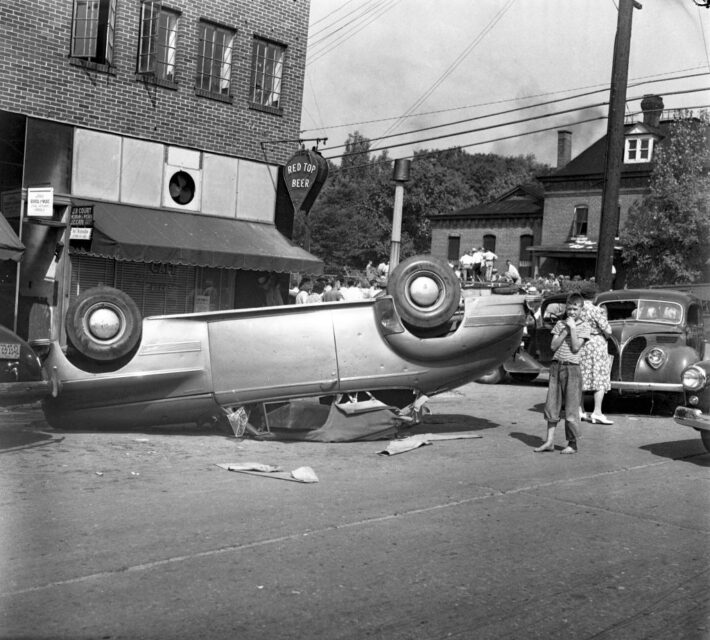
Dawn of the following day brought with it a new beginning. The veterans’ valiant efforts during the Battle of Athens had paid off, with the ballot boxes revealing a decisive victory for the GI Non-Partisan League. Paul Cantrell’s corrupt regime was dismantled and Knox Henry was appointed the town’s new sheriff.
More from us: The Tragic Last Stand of the HMS Hood Against Germany’s Prized Battleship Bismarck
The aftermath of the Battle of Athens saw significant changes in how the town was governed and provided a renewed sense of hope among its residents. The veterans’ success in overthrowing the corrupt regime was a powerful example of what could be achieved when ordinary citizens come together to fight for justice and uphold the principles of democracy.
